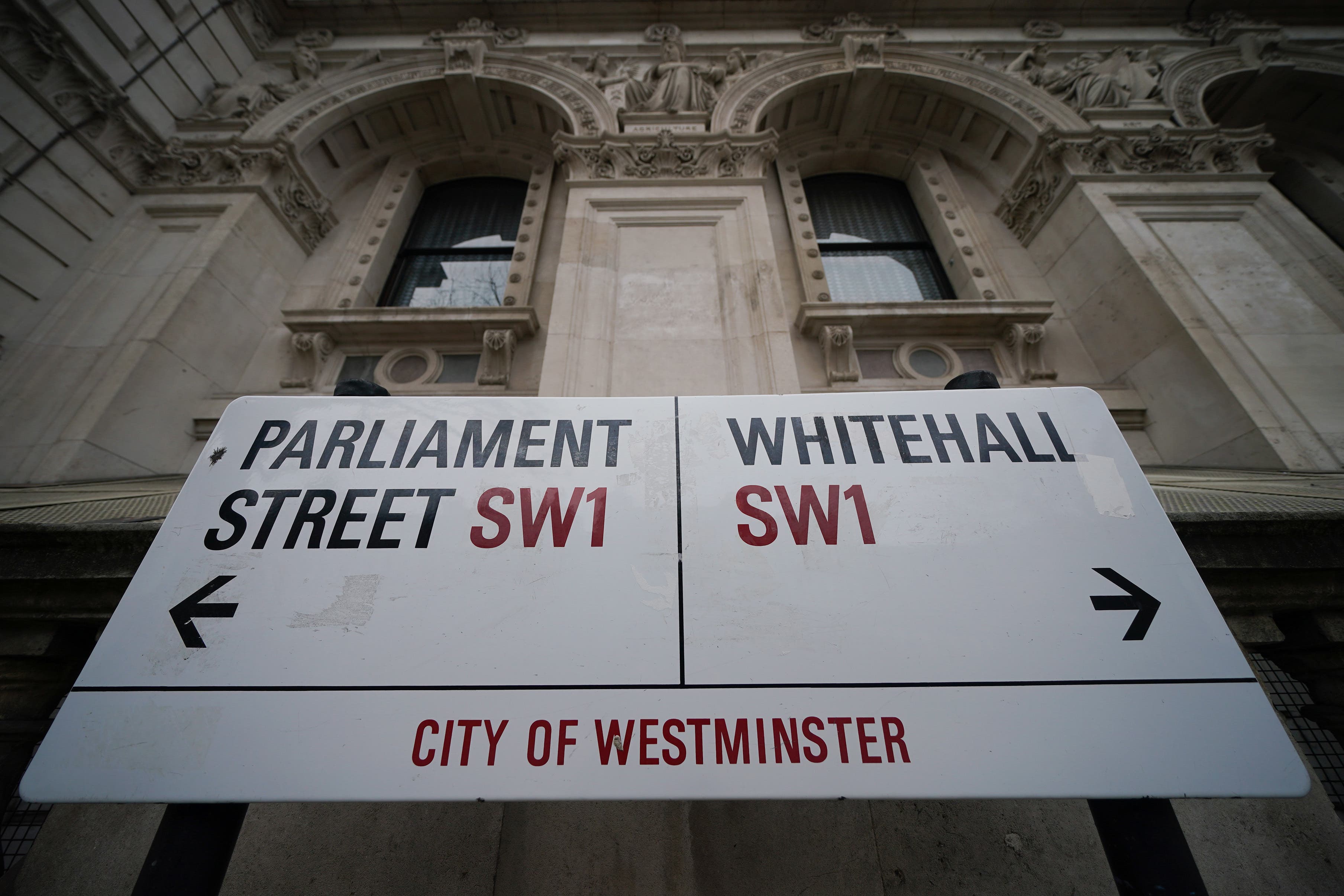Government could save billions but needs strong leaders, watchdog boss to warn
NAO chief Gareth Davies is set to criticise maintenance backlogs and ‘unrealistic’ assessments of major projects in his annual speech in Parliament.

The Government could save tens of billions of pounds by improving productivity, but will need more skilled leaders to do so, the head of the National Audit Office (NAO) will say.
Gareth Davies, the Comptroller and Auditor General, is expected to set out a blueprint for achieving value for money in an annual speech in Parliament on Tuesday afternoon.
But while he will say that billions more could be made available for Government priorities, he will also warn of the significant challenge facing whichever party wins the next election.
We will only see these potential savings if Government makes improving its own productivity a high priority
Pointing to demographic changes, “crumbling” national infrastructure, “out-of-date IT” and difficulties retaining staff, he will say: “It is relatively easy to cut spending, but it requires skilled leaders and managers to deliver genuine efficiencies that release resources for Government priorities.”
Mr Davies is expected to criticise the management of major infrastructure projects such as HS2 and the New Hospital Programme, both of which have been on the receiving end of damning NAO reports, saying they “lacked sufficiently robust and realistic assessments of affordability at the outset”.
Addressing public buildings more widely, he will say: “Schools, hospitals, prisons, roads and flood defences must be adequately maintained to meet their purpose. The NAO’s recent work has highlighted the false economy of allowing maintenance backlogs to build up.
“Our report on school buildings found more than a third are beyond their design life, leading to higher running costs and in some cases expensive emergency repairs, which continue to affect pupils, teachers and parents even now.
“The same issues are significantly affecting patient care – and costs – at many NHS hospitals.
“A more disciplined approach to asset management, with maintenance plans for each part of the public estate, is an essential component of the Government-wide efficiency drive I am recommending.”
He will also call for “a stronger focus on leadership skills”, adding: “We will only see these potential savings if Government makes improving its own productivity a high priority.
“That requires a disciplined, focused and cross-government approach over several years to realise the potential, and make the exceptional, the norm.”
Both main parties have acknowledged the need for improved public sector productivity as the UK grapples with crumbling infrastructure and increasing demand for services.
In June 2023, the Chancellor, Jeremy Hunt, announced a wide-ranging review of public service productivity aiming to “deliver more for less”.
His Labour shadow, Rachel Reeves, has also spoken about productivity, saying her party would introduce an “office for value for money” that would check spending before it happens.
Shadow chief secretary to the Treasury Darren Jones said: “Waste and inefficiency has become normal under the Conservatives.
“Labour will treat taxpayers’ money as if it were our own and get tough on waste by creating a new Office of Value for Money, tackling pandemic-related fraud with a Covid Corruption Commissioner and by strengthening the Office for Budget Responsibility.
“Labour’s plans to get Britain building again, modernise our public services and get the finances under control will turn around 14 years of failure and unleash a decade of national renewal.”
Subscribe to Independent Premium to bookmark this article
Want to bookmark your favourite articles and stories to read or reference later? Start your Independent Premium subscription today.
